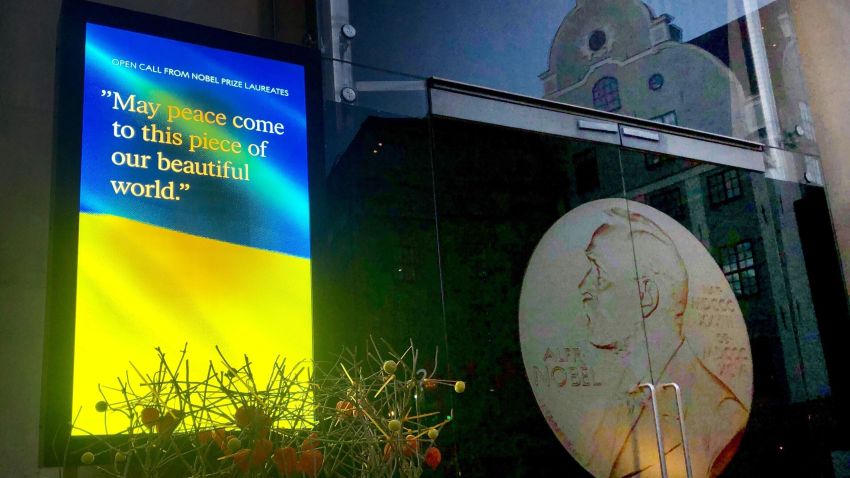In light of concerns that the war in Ukraine could spiral into a “nuclear Armageddon,” the Nobel Peace Prize committee, in a fitting and symbolic decision, last week awarded the 2022 prize to the Center for Civil Liberties, a Ukrainian human rights organization; Memorial, a Russian human rights organization; and Ales Bialiatski, a Belarusian human rights advocate. These are appropriate choices, given how the war in Ukraine has consumed the world’s attention and has the potential to be one of the deadliest wars in the post-World War II era.
The appropriateness of this year’s selections, however, also highlights how many times in recent years the committee’s choice for the prize was perplexing, even to the recipients themselves. In 2009, then-U.S. President Barack Obama and his staff were completely caught off-guard by the announcement that he had won the prize. Given that he had just entered office, it appeared Obama received the award only because he was not George W. Bush, who as president authorized the U.S. invasion of Iraq in 2003. Indeed, when former U.S. Vice President Al Gore was awarded the prize in 2007 for his efforts to combat climate change, it was lost on no one that he is also the person Bush defeated to become president in 2000, thereby suggesting the committee was more interested in making a political statement about Bush’s actions, rather than honoring the recipient himself.
The awarding of the Nobel Peace Prize is a celebration of what humankind aspires to, even if we often do—and perhaps always will—fall short.
But these kinds of surprises from the Nobel Peace Prize go further back than that. Consider 1948, when the committee decided that there was “no suitable living candidate” to receive the award. This decision was likely due to the fact that Mahatma Gandhi, the expected recipient that year, was assassinated in January, though after he had already been nominated for the prize. Nevertheless, in a decision that a former secretary of the Norwegian Nobel Committee, Geir Lundestad, later called the “greatest omission in our 106-year history,” the committee held strictly to the rule that the award could not be given posthumously. “Gandhi could do without the Nobel Peace Prize,” Lundestad remarked. “Whether the Nobel Committee can do without Gandhi is the question.”

